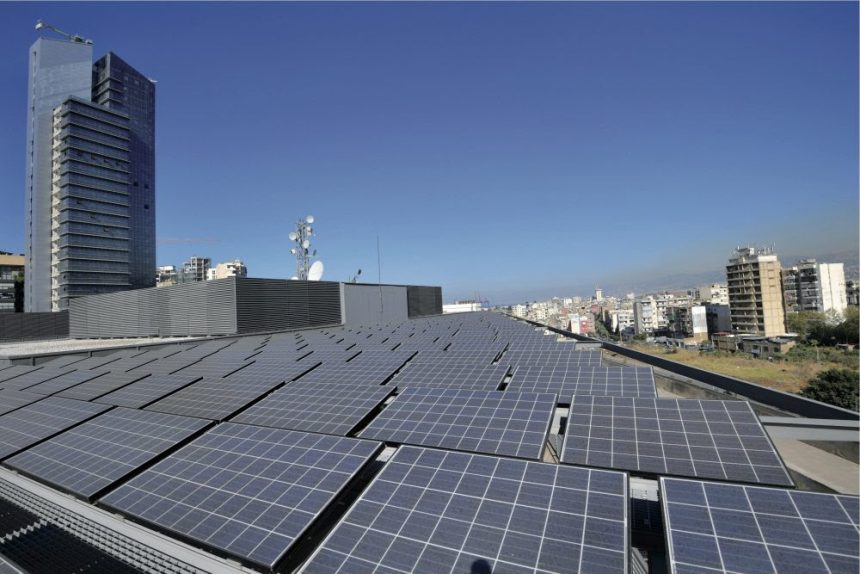In September, Lebanon’s ongoing energy crisis intensified as political finger-pointing eclipsed meaningful action to resolve nationwide power shortages. The Algerian fuel oil tanker Ain Akar arrived with a much-needed shipment of 30,000 tons of fuel oil. However, unloading delays due to logistical mismanagement by the Ministry of Energy and Water exacerbated the country’s fragile power situation, depriving Lebanese residents and businesses of reliable electricity and undermining their dignity as they faced yet another period of uncertainty. Reliable power is essential for maintaining basic quality of life, enabling families to keep their homes comfortable, access clean water, refrigerate food, and charge essential devices. Businesses and hospitals also depend on stable power to provide services, jobs, and healthcare, making electricity a core element of human security and wellbeing. When political mismanagement deprives citizens of these essentials, it erodes their sense of security, self-respect, and control over their daily lives.
The Ministry of Energy and Water also announced plans to secure a loan from the World Bank to finance an 8-megawatt solar project to complement the existing, limited-capacity solar facility on Beirut River. Yet, LIMS expressed skepticism, citing past World Bank-funded projects that failed to meet their goals, including a series of costly water dams left non-operational. These projects, managed by the Ministry, underscored the chronic mismanagement that has contributed to Lebanon’s energy and water woes.
To avoid past pitfalls, LIMS proposes that the World Bank consider channeling funds through a private financial institution rather than the Ministry. Private institutions could then lend directly to renewable energy initiatives focused on local solar farms, creating a sustainable financing model where investments are repaid through revenue generated from power production. By cutting out government channels notorious for inefficiency, this model would direct benefits to the citizens while minimizing corruption risks.
LIMS also underscored the value of leveraging Lebanon’s private generator networks, suggesting a collaborative approach between private energy providers and municipalities. In a notable example, a privately-developed solar farm combined with the private generator in the northern village of Toula has successfully provided continuous electricity to residents, reducing household electricity costs by approximately 50% and emissions by 40% compared to nearby towns. Clean, affordable and reliable electricity drives economic growth by attracting investment, creating job opportunities, and fostering social stability. For Lebanon, greater access to sustainable energy could nurture individual and community growth, ultimately contributing to an improved quality of life and renewed sense of dignity for its population.
- The World Bank Repeats The Mistake: The ‘For Energy’ Loan Will Be Wasted Like The Dams, September 17, 2024: Al Jadeed, Video Interview AR
- Electricity Crisis: Two ‘Energetic’ Events That Seem Bright On The Surface But Raise Questions Beneath! September 13, 2024: Al Safa News, Article AR
- Delay In Unloading The Algerian Ship: Are The Waves Of The Sea The Reason? September 4, 2024: Aliwaa, Article AR
- Darkness And Corruption In Lebanon Are Twins.. Facts And Figures About Debts To The Republic Of Iraq” September 2, 2024: SBI, Article AR

